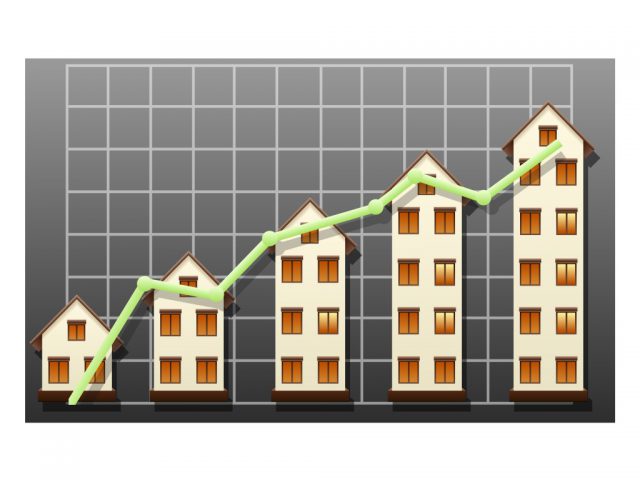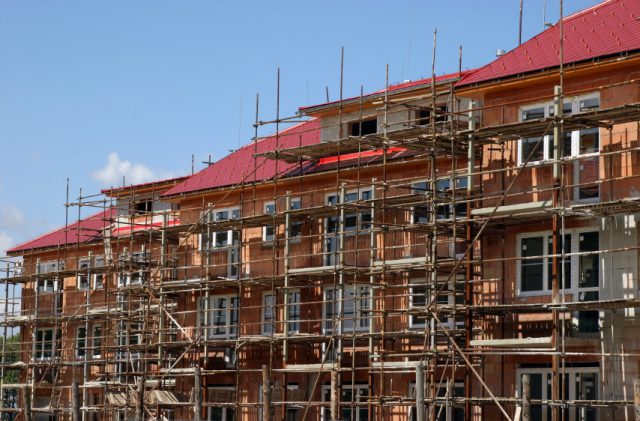A landlord scheme introduced by the Mayor of London, Boris Johnson, aimed at improving the private rental sector in the capital has been generally unsuccessful.
It was revealed that just 0.2% of advertisements for rental properties mentioned that the landlord or letting agent had signed up to the scheme.
Johnson launched the London Rental Standard in May last year. It is the first citywide scheme to accredit good landlords and letting agents.
He said that he hoped to “improve the experience of everyone involved, from landlord to tenant, with a clear set of good practice rules.”1
The scheme aimed to accredit 100,000 landlords and agents by 2016.
The news release for the launch read: “In time, the London Rental Standard will become an instantly recognisable feature of London’s lettings industry, helping Londoners to pick between the huge array of landlords and agents on offer.”1

Boris Johnson’s Landlord Scheme is Unsuccessful
However, over a year later, the official website indicates that by mid-June, just 14,452 landlords and 339 letting and management agents had signed up, significantly below the 2016 target.
A study by the Green Party claimed that the Rental Standard has failed to appeal to letting agents or tenants, despite a marketing budget of £250,000.
On Zoopla, just 114 advertisements mentioned the scheme, 0.2% of the 62,521 total listings of rental homes in July. Most were listings posted by one agent, Prime Estate Agents in Whitechapel, which included the Rental Standard in a list of schemes it is accredited by.
Darren Johnson, Green London Assembly member, comments: “Voluntary accreditation schemes only work if tenants know how to look out for the badge, creating demand that landlords might respond to. Even the agents who are members of the scheme don’t publicise it and don’t let tenants search for accredited landlords.
“The scheme is a flop and is no substitute for adequate regulations.”1
He believes that the answer is compulsory licensing for all landlords, saying that more secure tenancies and rent controls are needed to protect tenants.
Generation Rent’s Dan Wilson Craw says there are numerous issues with the Rental Standard: “It is basic, basic stuff. If a landlord isn’t already doing most of these things, they’re probably breaking the law.
“The scheme is a long way off critical mass and having currency among tenants. Even if it achieved that, there’s nothing forcing landlords who don’t comply to get better and with demand so high, those landlords will always find tenants.”1
Higher profile agents, such as Foxtons and Winkworth, have blogged about joining the scheme in the past, but the Green Party has noted that it is not mentioned in their advertisements for rental properties.
A spokesperson for Foxtons says: “As one of the initial agents to sign up to the London Rental Standard, Foxtons fully supports any initiative that helps to raise standards within the private rental sector and with the backing of the Mayor of London, it’s gained great momentum.”1
Deputy Mayor for Housing, Land and Property, Richard Blakeway, notes that London was one of the first cities to set professional standards for its rental sector.
“Over 130,000 properties are now managed under the London Rental Standard, with a rapid growth in the number of accredited agents who manage the bulk of rental homes,” he says.
“This ambitious project is one of a range of policies pioneered by the Mayor to support 2m Londoners renting, including the creation of a long-term, institutionally backed private rented market and rent to buy to help people convert rent into equity.”1
1 http://www.theguardian.com/money/2015/jul/20/boris-johnson-good-landlord-scheme-flop








